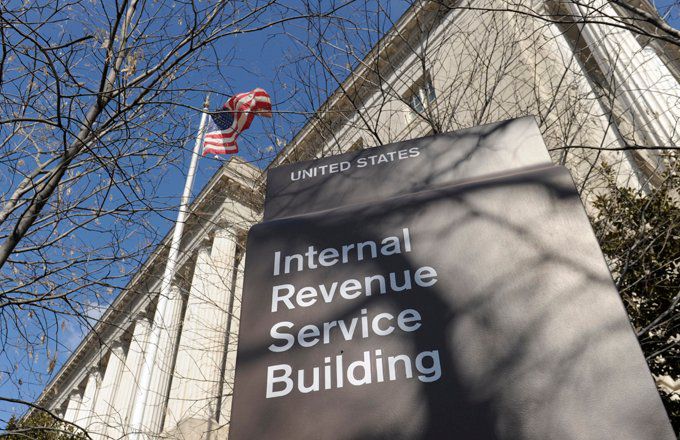
Why should people pay taxes? (Photo: Zoe Talent Solutions)
IRS TAX ENFORCEMENT – $38 MILLION TAX REVENUE
According to a published article from Money that, the IRS Tax Enforcement claims it is using a contentious increase in its budget to target wealthy Americans who are evading taxes, and the initiative has already recovered tens of millions of dollars.
It’s all because of the Inflation Reduction Act, a significant tax and environmental legislation package that was enacted into law last August and provided the IRS with approximately $80 billion over ten years.
The IRS Tax Enforcement revealed its strategy for spending that money in April, emphasizing that it will concentrate its tax enforcement efforts on high-income earners rather than working- and middle-class Americans.
It is delivering on that promise
According to a published article from Kiplinger that, the IRS Tax Enforcement stated in a Friday news release that budget cuts for more than a decade had stopped it from keeping up with the increasingly sophisticated methods that the wealthiest taxpayers use to conceal their income and avoid paying their fair share.
The IRS Tax Enforcement is currently moving swiftly and vehemently to close this gap. IRS also added that they will utilize all means in order to recover the revenue from millionaires and identify ways in keeping all their money and dodging their shares.
According to the IRS Tax Enforcement, increased enforcement against millionaires and other high-income earners has already resulted in an increase of $38 million in revenue.
The government seems to be concentrating on a tiny number of extremely affluent Americans who, according to it, are employing techniques in Malta and Puerto Rico to avoid paying the taxes they owe.
The IRS Tax Enforcement notes one instance in which a millionaire used the money owing to the IRS to instead buy a Maserati and a Bentley.

A Maserati car owned by a millionaire (Photo: Maserati)
“These are particularly egregious cases where instead of filing their taxes and paying their fair share, these people used the money to make lavish purchases,” the IRS Tax Enforcement writes.
READ ALSO: 13 Weird Things the IRS Considers Taxable, From Bribes to March Madness Pools
























